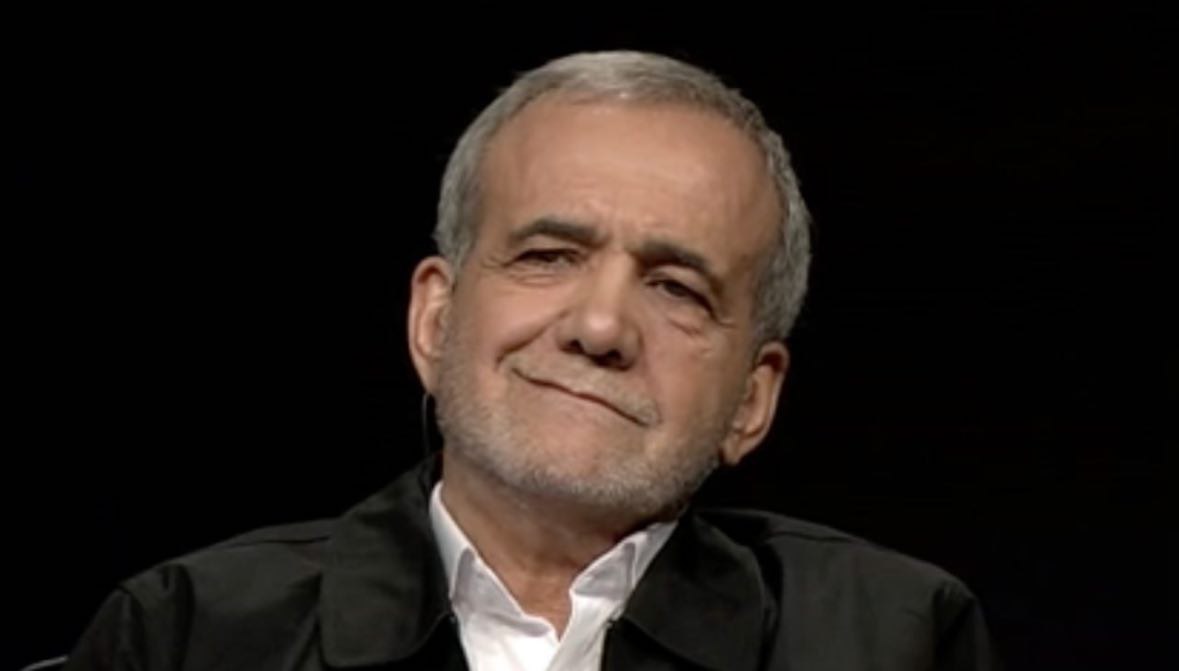The return of protection with a new mask: the medical bill under the scrutiny of public opinion
The return of protection with a new mask: the medical bill under the scrutiny of public opinion
According to IranGate News Agency, after widespread reactions to the new government bill on combating the spread of false content in cyberspace, signs of a possible reconsideration in the path of this controversial plan are emerging.
This bill, which has been regarded by many media activists, lawyers, and civil society activists as a threat to freedom of expression and the right to free access to information, is now on the verge of entering a phase of review and reassessment.
Informed sources have reported an upcoming meeting where a diverse range of elites, experts, and government officials will discuss the legal and social dimensions of this bill.
The President has also emphasized the role of specialized opinions and expert consensus, announcing that the government is ready to make its final decision based on the conclusions of these discussions.
Following reports published by some domestic media, the likelihood of the government retreating from the controversial bill concerning the regulation of cyberspace has increased.
According to these reports, some sources close to the government have reported a meeting to be held where the Minister of Justice, alongside a group of university professors, lawyers, media activists, and political figures, will examine various aspects of this plan.
The Shargh newspaper has announced that Masoud Pezeshkian, the President, has agreed to initiate these discussions and promised that if a consensus is reached among the elites, the outcome of these meetings will be considered as the basis for the government’s final decision.
He stated that if the majority agree on the necessity of withdrawing the bill and removing it from the parliamentary agenda, the government will also proceed in this direction.
This potential change of course is being discussed while the government bill has, in recent days, sparked a wave of strong reactions and widespread criticism from civil society, lawyers, cyberspace activists, and even some members of parliament.
Many consider this plan a blatant violation of freedom of expression and free access to information and have referred to it as a threat to transparency and public oversight.
The bill, known as combating the spread of false content in cyberspace, which was presented to the parliament with two urgencies, received initial approval on the fifth of Mordad month.
In the provisions of this plan, the dissemination of information lacking real documentation or distorted is considered a crime, and if this content leads to public anxiety or deceives users, it will be subject to legal prosecution.
These developments occur while the President recently spoke of the government’s readiness to dialogue with critics, but it seems the gap between promises based on information freedom and the realities of decision-making remains significant.
A large part of the public, who were waiting for the lifting of internet restrictions, are now faced with a plan that could expand the scope of these restrictions.
Critics, including Emadeddin Baghi, have warned that this bill, instead of strengthening social capital, will pave the way for further public disillusionment.
Many believe that such laws undermine trust in governing institutions and will facilitate the migration of users to unofficial and even underground platforms.
Meanwhile, a group of parliament members, in an open letter addressed to the President, have called for the unconditional return of this bill, emphasizing that this plan contradicts the principles of the constitution and even conflicts with the leader’s recommendations regarding listening to the people’s voice.
On the other hand, figures like Abbas Abdi and Ahmad Zeidabadi have also expressed strong criticism towards the entirety of this plan, deeming it lacking an executive and principled basis.
Critics of this bill, pointing to its similarities with the so-called protection plan that faced strong public backlash in previous years, consider it a second version of the same restrictive program, with the difference that this time it has entered the arena under a new title and more legal cover.
The protection plan at that time faced widespread domestic and even international protests and was eventually halted.
Given the bitter experience of similar plans in the past, analysts believe that continuing such trends will only increase the gap between the government and society.
In a situation where a large part of people’s daily lives, from business and education to family communications, depends on the online space, imposing further restrictions could have severe consequences for the digital economy, cultural development, and the social life of citizens.
It should be noted that the dynamism of cyberspace is one of the few remaining paths for freely expressing thoughts and constructive criticism in Iranian society.
Restricting this platform in practice means reducing the maneuvering space of public opinion and suppressing dissenting voices, a topic that in the long run not only undermines political legitimacy but can also exacerbate social crises.
Meanwhile, the global community and human rights organizations are increasingly paying attention to these developments.
The approval of such laws could negatively impact Iran’s diplomatic relations, especially in areas like technology negotiations, scientific cooperation, and economic interactions in the digital arena.
Domestic and foreign investors need legal stability and transparency, and any ambiguous and restrictive legislation increases the risk of engaging with Iran’s digital economy.
Besides the legal and social aspects, this bill indicates a deep divide between the traditional views of some officials and the new realities of the communication world.
In a world where the boundary between content producer and consumer has been removed, attempts to unilaterally control content seem more like a losing battle than an effective solution. Ultimately, as the President has promised, if the opinions of elites, academics, and public opinion are to be considered in decision-making, this process should be transparently trackable and ensure the freedom of expression, not merely a tool for legitimizing pre-made decisions.

